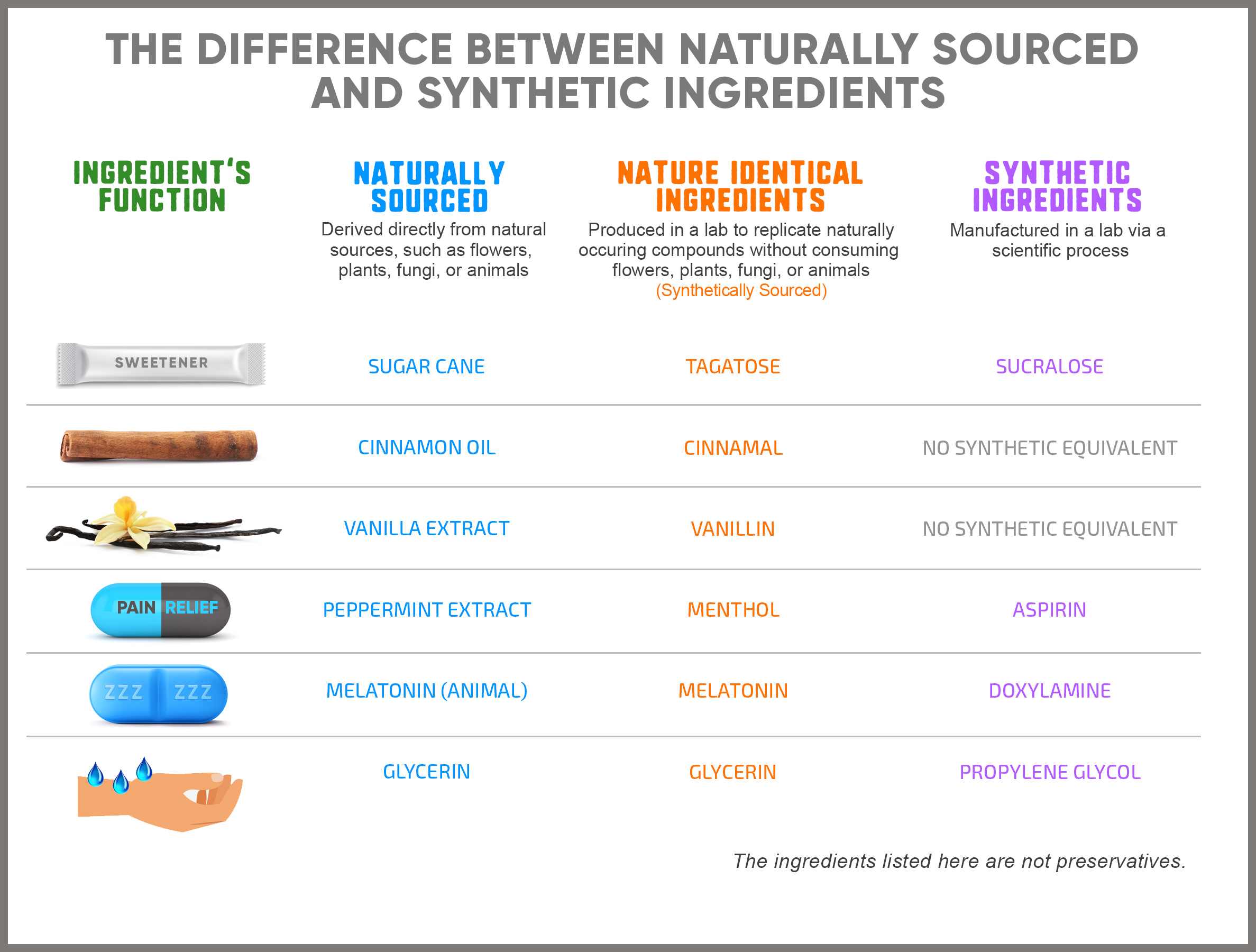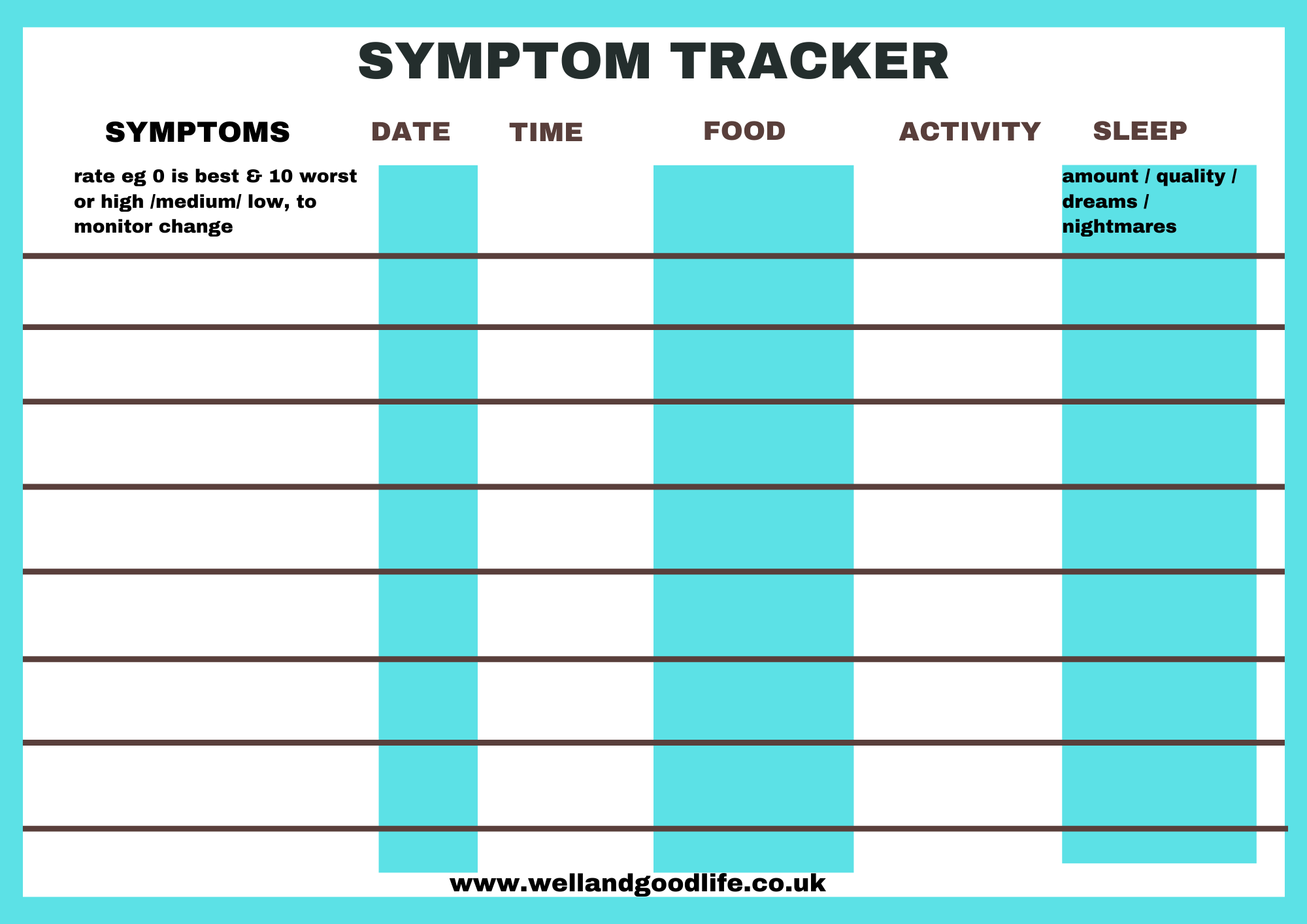There is no complete list of chemicals that someone with Gilbert’s Syndrome finds it more difficult to deal with. I’ve accumulated research over the years, which you can find regularly updated on www.gilbertssyndrome.org.uk . BUT, you now know which gene and processes are affected and you can use that knowledge to work with your health professional.
Using this knowledge and your symptom diary (I provide one for you here), you could get a picture of what might trigger symptoms for you personally. Be self aware and track how you feel. As you tune in to your body and understand it better, you can work more in harmony with it, rather than against it.
Be proactive!
You may find that by introducing natural cleaning products (ensuring they don’t contain menthol or vanilla!), using organic fabrics and natural materials in your home can help reduce your symptoms.
Keeping a symptom diary can really help in identifying your triggers. It may not be obvious at first, as the cause may be something you are so used to being around that you are blind to it. If you get the opportunity to talk through your symptom diary with a health coach or other health professional you might find they spot triggers that aren’t obvious to you.
If you think something is triggering your symptoms, try to avoid it and see if your symptoms change. DON’T do this with prescription drugs or major food groups without speaking with your Doctor, especially if you have another health issue.
Some changes may be small, simple and make a big difference: Using organic wall paint when decorating (always check paint for VOC’s (Volatile Organic Compounds) – if they are HIGH – AVOID or wear protection!), or avoiding walking in fields whilst pesticide is being sprayed, for example, may mean you save yourself a few days of sickness.
We are surrounded by synthetic chemicals in the modern world, as this article from the European Environment Agency says https://www.eea.europa.eu/signals/signals-2020/articles/living-healthily-in-a-chemical-world . It would be impossible to avoid them all, however some lifestyle changes can reduce immediate exposure. Many products we use in our home, on our bodies and to store our food, can be replaced with versions free of synthetic chemicals.

You can find products with natural ingredients and fewer synthetic chemicals in your local health food store or online at retailers such as Ethical Superstore and Planet Organic. Don’t forget – menthol, vanilla and other natural substances can trigger Gilbert’s Syndrome symptoms too!
A side note from me
I am not trying to demonise synthetic chemicals here, and as I continue to point out – they aren’t the only substances processed by the Phase II pathways of the liver. However, in my opinion and experience, it is more likely that your liver will find it harder to deal with a complex synthetic compound which has been recently produced versus an existing substance which has been consumed or in contact with humans for millenia. There are of course many naturally occurring poisonous and toxic substances! There are also many ways your body will respond to the compounds in your diet and environment which can impact you metabolically from your brain to your gut and your hormones. These can be used to enhance your health, and should be part of your journey to good health and wellbeing. Here we are covering the basics of what you might try to avoid, and so that is a topic for another time.
Here’s a story from me about how I had an extreme reaction in the early days of my Gilbert’s Syndrome, and what I learnt from it:
Video text: Symptoms story
How far you go to change your lifestyle and potential for triggering your symptoms is a very personal decision.
As you age and your lifestyle changes your symptoms may also change. You may develop another health condition, or you may go through the menopause, cancer, bereavement etc. These can change how your body works. By remaining aware of your symptoms and checking in with yourself you can adapt to your evolving needs.
Only you can decide what you need to be able to live well. This course is here to help kick start your journey. If you need support to make changes that will transform your health, you may benefit from working with a health coach.
